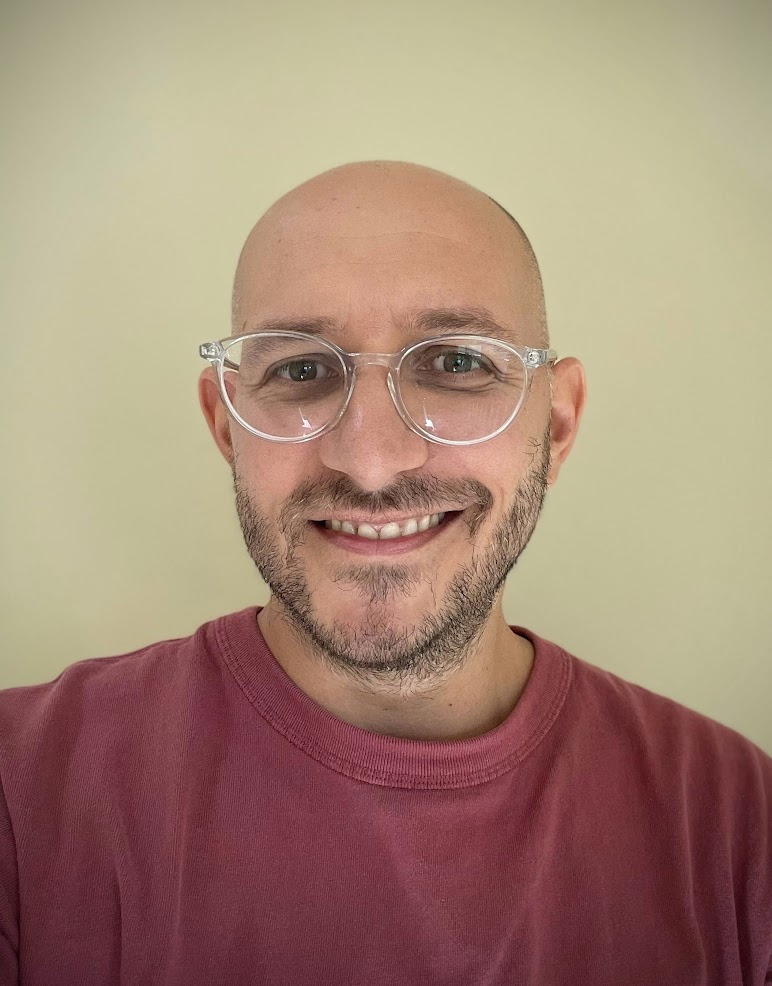
Communications and Signal Processing Seminar
Image Restoration through Inversion by Direct Iteration (InDI)
This event is free and open to the publicAdd to Google Calendar

Abstract: Deep learning has revolutionized image restoration, but how to train models to restore images that are realistic and faithful to the input remains a challenge. This talk introduces Inversion by Direct Iteration (InDI), a new formulation for supervised image restoration that avoids the “regression to the mean” effect and produces more realistic and detailed images than existing methods. InDI works by gradually improving image quality in small steps, similar to generative denoising diffusion models. It can be applied to virtually any image degradation, given paired training data. We show that InDI achieves state-of-the-art results on a variety of image restoration tasks, including motion and out-of-focus deblurring, super-resolution, compression artifact removal, and denoising. We conclude by discussing the current status and open challenges in generative image restoration and showcasing the newly introduced Unblur feature in Google Pixel phones.
Bio: Mauricio Delbracio is a Staff Research Scientist at Google Research. Prior to joining Google in 2019, he was an Assistant Professor at the Electrical Engineering Department of Universidad de la República in Uruguay. From 2013 to 2016 he was a postdoctoral researcher with the ECE Department at Duke University. He received his B.Sc. in Electrical Engineering from Universidad de la República in 2006 and his M.Sc. and Ph.D. in Applied Mathematics from École Normale Supérieure de Cachan in 2009 and 2013 respectively. His research focuses on image and signal processing, computational imaging, inverse problems, and machine learning. Recently, he was a key contributor to the launch of Unblur, an image deblurring feature introduced with the Google Pixel 7/Pro. In 2016, Delbracio was awarded the Early Career Prize from the Society for Industrial and Applied Mathematics’ Imaging Science Activity Group for his significant contributions to image processing.
*** The event will take place in a hybrid format. The location for in-person attendance will be room 1200 EECS. Attendance will also be available via Zoom.
Join Zoom Meeting: https://umich.zoom.us/j/91414297851
Meeting ID: 914 1429 7851
Passcode: XXX (Will be sent via email to attendees)
Zoom Passcode information is available upon request to Shelly Feldkamp ([email protected]).
 MENU
MENU 
